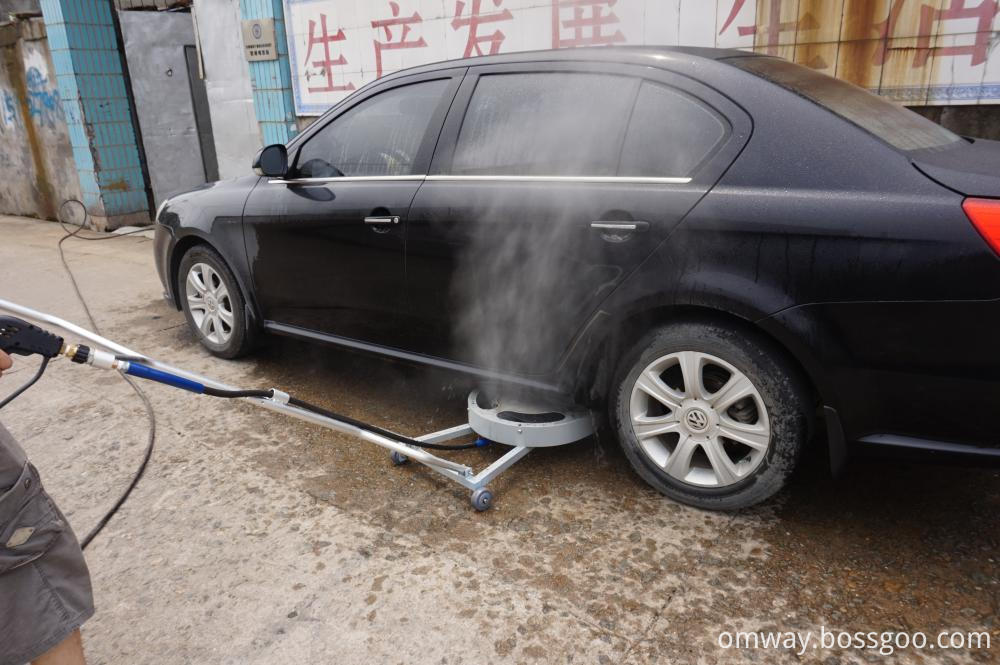Sinopec’s PetroChina still has concerns about the outflow of low-cost resin in the Middle East
Sinopec and PetroChina occupy an absolute dominant position in China's petrochemical industry. Domestically, 90% of polyethylene production capacity and 75% of polypropylene production capacity come from these two companies. However, Sinopec and CNPC had to raise their spirits and take care to prevent the implementation of strategic upgrades to meet the challenge, considering that the Middle East resin, which is 40% cheaper than domestic resin, will soon flood into China. Yu Yu, deputy director of the Institute of Economics and Technology of the China Petrochemical Corporation in Beijing, said: "The significant impact of the Middle East resin products will begin to appear in China in 2010, especially on polyethylene. The Middle East producers will launch violently. The offensive opens the Chinese market and the market competition in 2010 will intensify.†In response, analysts generally believe that the Middle East companies will have a great advantage in terms of price through the use of extremely low-cost raw materials. Therefore, the high-performance polyolefin field is often monopolized by foreign companies. Sun Weishan, deputy secretary-general of the China Petroleum and Chemical Industry Federation (CPCIF) in Beijing, said that in the PP market, many special materials for high-end applications such as washing machines and auto parts have been imported from abroad. According to the statistics of CPCIF, in 2009, China's PE market accounted for about 48% of imports, and PP imports accounted for 33%. Even if China's domestic production is expected to increase substantially, it is expected that imports will continue to account for a large proportion of domestic consumption. . Although facing fierce competition initiated by the Middle East, analysts of Sinopec and PetroChina have stated that there are still many opportunities in the continuously developing Chinese domestic market. Fang Wei said that Chinese companies have an advantage in logistics and market response and can work more closely with local companies. He also suggested that Chinese resin companies could further seek opportunities to establish joint ventures with foreign companies. He believes that the key to the success of PetroChina is not to compete with its counterparts in the Middle East. Perhaps the take-off of the Chinese economy is based on exports, and it was once the lowest labor cost country in the world. However, this model does not apply to the resin industry. He said that on the contrary, it is necessary for Chinese resin companies to establish a strong competitive position in the regional market. Fang Wei said: "We do not have the conditions to compete with the Middle East, but we can go beyond other countries and companies." Yu Hao cited the analysis data of the US Chemical Market Association (CMA), a consultancy based in Houston, for example, assuming that the PE cost in China is approximately US$1,120 per ton. Even if PEs in the Middle East calculate transportation costs and import taxes, they can still Tons of 640-720 US dollars are sold in China. China Petroleum estimates are similar. Wang Zhengyuan, a senior engineer at PetroChina, said that for example, suppose China's high-density PE is sold domestically at US$800 per ton, and Middle Eastern PE is sold at US$300-400 per ton. He said that the price of raw materials in the Middle East is 40% lower than the world average. Wang Zhengyuan said: "When we develop vinyl materials, we must always calculate the cost of raw materials carefully. And in the Middle East where raw material prices are extremely low, this is absolutely unnecessary. For them, raw materials are not a problem at all." Both Sinopec and PetroChina believe that it is necessary to upgrade the supply of products. Wang Zhengyuan said that PetroChina intends to shift its product focus from commodity products to higher value-added products such as pipes, wires and cables, biaxially oriented PP films and impact modified PP used in the automotive and home appliance industries. He said that the price advantage of Middle East products is not too obvious in PP. He said: "We should further strengthen technical support and achieve greater development in high-end products. We cannot compete with Middle Eastern producers in terms of cost." However, another Chinese industry analyst believes that the lag in technology and the smaller scale of China's polyolefin processing equipment may hinder the above-mentioned lifting measures. Fang Wei, director of the consulting department of the China National Chemical Information Center, said that China's polyolefin technology is far behind "world-class" technology. Fang Wei used Japan as an example to say that Japan can produce more than 3,200 kinds of PE, while China can only produce about 100 kinds. He also said that the production capacity of processing plants in China's polyolefin plants is also much smaller, usually about 1 million tons, which is much lower than the 3 million tons of foreign factories, and the energy consumption of domestic factories is also higher than the world average.
There are many drivers do not pay attention to the car wash wash car chassis, likes only the surface of the car to clean it. As everyone knows, the car's chassis is the worst conditions, most in need of protection and care of the place. Undercar Cleaner is for cleaning car chassis or undercarriage, use this attachment with pressure washer, make the undercarriage cleaning easy and fast.
Car Cleaning Tool, Undercarriage Cleaner, Chassis Cleaner, Tyre Cleaner, Undercar Cleaner NINGBO HAISHU OMWAY MACHINERY FACTORY , https://www.cleantheway.com
These are attachments of Pressure Washers, please note that all these cleaners can not be used without pressure washers.

